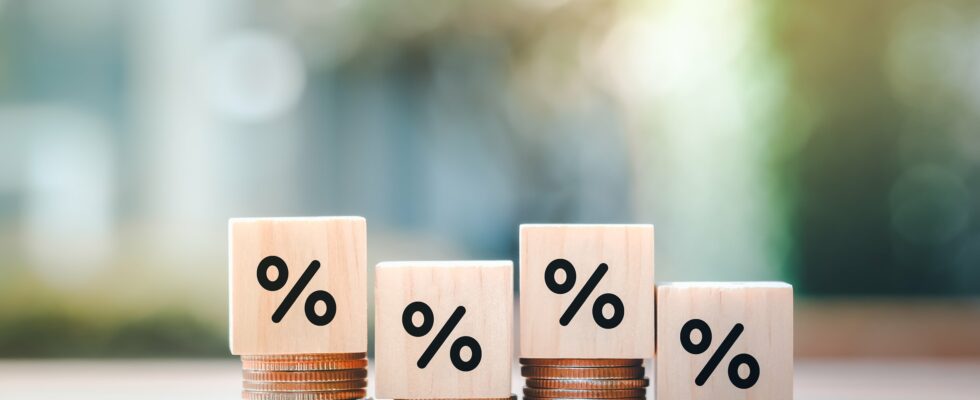Have you ever considered combining your investments by financing wind farms or farms near you? In a context of financial market volatility and geopolitical uncertainties, there are alternatives to traditional investments, less exposed to stock market fluctuations. Among these, “short circuit” solutions, a concept generally associated with agriculture or distribution, make it possible to support the local economy.
These investments, which can take the form of savings accounts, shares or bonds, meet the expectations of a large number of savers concerned about the impact of their money. “The notion of traceability is very important for customers who come to place their money with us,” says Imad Tabet, director of individual customers at Crédit Coopératif, who has developed savings accounts directing individuals’ savings towards local and regional companies. They want to know where and how their money is invested. This need is even stronger in a context where the financial sector is often perceived as opaque.
A point shared by Ivan Chaleil, general manager of La Nef, a bank that claims to be ethical. “We use individual savings to support local, societal projects, without going through the financial markets,” explains the manager, who works in particular in the sectors of organic agriculture, disability and social housing. In addition to its term account and its Livret B currently marketed, the establishment is preparing new services, including joint life insurance.
Significant impacts on the territories
The advantages of these local solutions are multiple. For the territory concerned, the economic repercussions can be significant. A study carried out in 2019 by Shared Energy, which finances local projects in photovoltaic solar, wind or geothermal energy, reveals that these programs can generate local benefits – jobs, income, taxation, rents, etc. – representing at least 2, 5 times the amount invested.
For savers, in addition to meeting their expectations in terms of responsible investment, some of these investments offer significant tax advantages. For example, by investing in Fermes en vie (Feve), a real estate company which acquires farms to rent them to farmers with an option to purchase, savers can benefit from a tax deduction of 25% of the amount invested, in in return for a seven-year commitment.
Regarding profitability, it varies greatly depending on the solutions. Some investments offer low returns because they have little or no risk. This is for example the case with booklets. But in return, they make it possible to maintain low loan rates for project leaders. Others, on the other hand, are more risky and significantly more profitable. For example, Lendopolis, a platform specializing in financing projects linked to the energy transition, offers returns of up to 6 to 8% per year before tax, for investments in projects with a maturity of four to five years.
A formula that has met with some success. “Our growth has especially accelerated in recent years,” notes Aurélien Gouraud, general director of the platform. “We raised 56 million euros in 2022, 49 million in 2023, and we should exceed 80 million in 2024.” Lendopolis aims to continue on this path with an annual fundraising objective of 100 million euros from next year.
While these local and responsible solutions offer savers interesting alternatives to diversify their portfolio while supporting the development of their region, they involve risks, like any investment. The money invested in these products is often blocked for several years because certain projects require a long-term commitment. In addition, certain activities, such as renewable energies, may be subject to more or less favorable regulatory developments.
